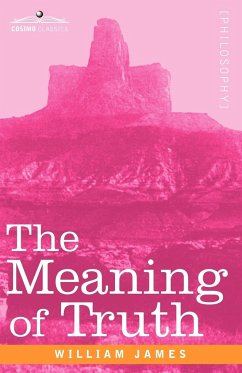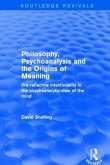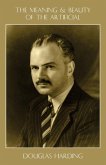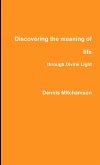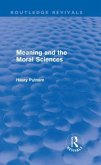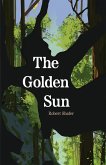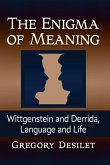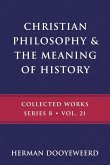Why is real-world experience vital to a mature appreciation of any philosophical system? Why is the search for ¿objective truth¿ a trickier proposition than it seems at first glance? American psychologist and philosopher WILLIAM JAMES (1842¿1910), brother of novelist Henry James, was a groundbreaking researcher at Harvard University, author of such works as Principles of Psychology (1890) and The Varieties of Religious Experience: A Study in Human Nature (1902), and one of the most influential academics of the late 19th and early 20th centuries. Here, in a series of essays first published in book form in 1909, and considered a sequel to his series of lectures collected in Pragmatism (also available from Cosimo), James explores these questions as he discusses: ¿ the function of cognition ¿ humanism and truth ¿ the relation between knower and known ¿ the essence of humanism ¿ the meaning of the word truth ¿ the absolute and strenuous life ¿ and more.
Bitte wählen Sie Ihr Anliegen aus.
Rechnungen
Retourenschein anfordern
Bestellstatus
Storno

